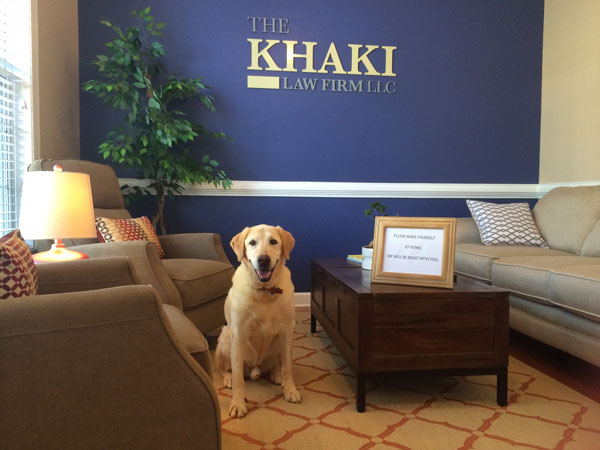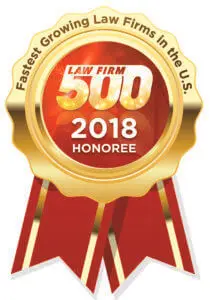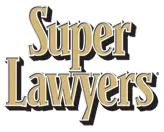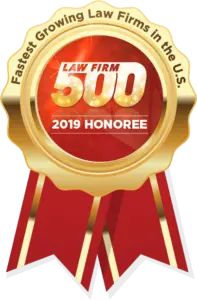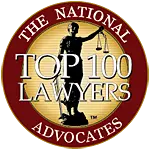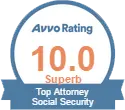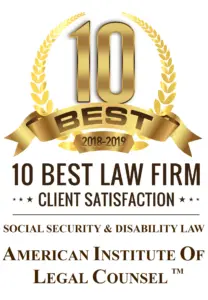Does Your Disabled Loved One Need A Guardianship/Conservatorship?

Some disabilities can affect our mental ability to make decisions for ourselves and to care for ourselves physically and financially. This is usually true for people who suffer from serious mental health illnesses, brain injuries, or neurological diseases that affect our memory and mental capacity. Many of our clients who suffer from these disorders require a close family member or friend to watch over them constantly to monitor and assist them with their daily activities. Typically, such caretakers go through a legal process to become the official guardian and/or conservator of their disabled loved one. This way they are legally recognized as the primary care taker and decision maker for the disabled individual.
What is a Guardianship/Conservatorship?
A guardianship is a legal appointment for a “competent adult” (guardian) to be responsible for the care, custody, and control for a ‘vulnerable or incapacitated’ person (the ward) who needs help with their daily life activities and need to be protected from making choices and decision that could be to their detriment. A guardianship is usually appropriate for people with disabilities such as Autism, Down Syndrome, advanced cases of Cerebral Palsy, mental illness, Alzheimer’s, dementia, traumatic brain injury accidents, or other serious illnesses where you are concerned a loved one may be of harm to themselves.
- A legal guardian has the power and the responsibility similar to that of a parent toward a minor child.
- A guardian must make sure that the ward’s abilities, desires and choices are considered while meeting their basic needs. A guardian has the duty and right to act on behalf of the individual, making decisions affecting their daily living arrangements, medical care, education, and social activities.
A conservatorship is a legal appointment for a “competent adult” (conservator) to be responsible for the care, custody, and control for a vulnerable or incapacitated person (the ward) who needs someone else to take care of their financial affairs for them. The conservator is appointed by a judge to manage the financial affairs and/or daily life of another due to the same illnesses as listed above for a guardianship.
- The difference between a guardianship and a conservatorship is that a guardianship gives control over the person where the conservatorship gives control over the financial affairs of the person.
If you or someone in your family would like some additional information about guardianships and/or conservatorships, please contact our office.
